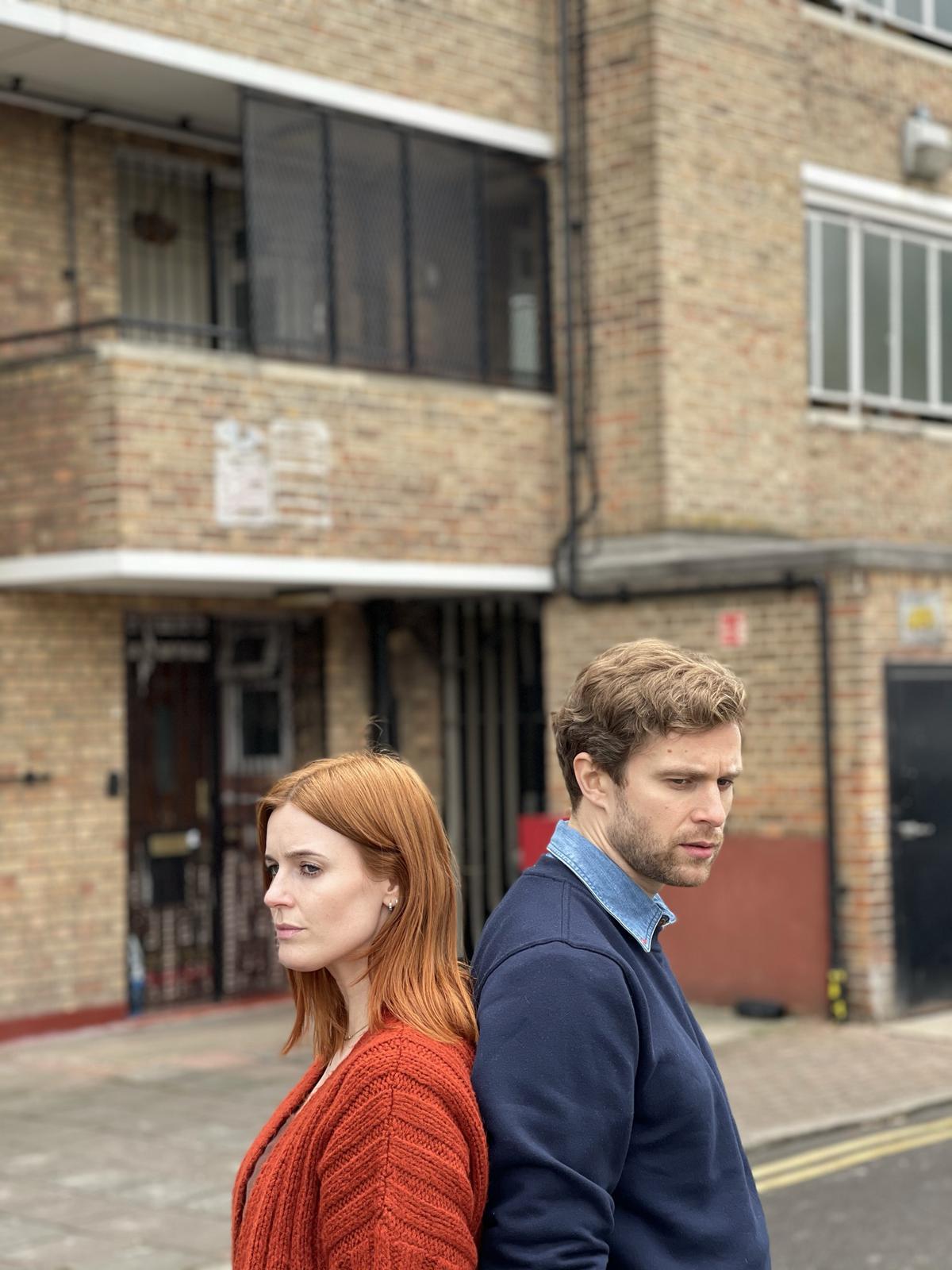Anu Vaidyanathan, who was the first Asian woman to compete at the Ultraman Canada, now has a bunch of short films to her credit
Anu Vaidyanathan, who was the first Asian woman to compete at the Ultraman Canada, now has a bunch of short films to her credit
The community of marathon runners in Bengaluru, Hyderabad and Chennai would remember Anu Vaidyanathan as a gritty endurance triathlete who inspired others to go that extra mile. She holds the distinction of being the first Asian woman to compete at the Ultraman Canada and Ironman Canada in 2009. In subsequent years, she helped others improve their running as a pacer, travelled and delivered motivational talks, and participated in more marathons and endurance sports events.
Cut to the present and Anu concedes that her competitive phase as a professional triathlete is pretty much over. She continues to run, cycle and swim for the joy of it. What has taken up a chunk of her time is filmmaking. She has written and directed a few fiction and non-fiction short films and is working on a feature film.
The transition began when her memoir Anywhere But Home: Adventures in Endurance (Harper Collins) was longlisted for a movie adaptation at the Mumbai International Film Festival in 2016. “Until then I had not been actively involved in cinema, except for an occasional movie outing,” Anu says over the phone from the US. When I participated in discussions with those who showed interest in adapting my memoir into a biopic, I did not connect with their vision. An adman friend advised that as a starting point, I try to understand how a screenplay is written.”
Anu Vaidyanathan (centre) with the cast of ‘Este Ignorante Presente’
| Photo Credit: Special Arrangement
Curious, she attended a masterclass in screenplay-writing by director Aaron Sorkin: “It was like brain candy. As an author, I was aware of how tough it is to hold readers’ attention with a story. I realised that cinema is a lot tougher.”
The more she discovered about screenwriting and filmmaking, she was drawn into it: “It was like going down a rabbit hole.”
Work took Anu and her husband to different countries and intermittently, in the UK, she took up short courses in writing, editing, directing and cinematography at the National Film and Television School, Beaconsfield, UK, and Sundance Collab’s online courses. She remembers being the oldest one in the classroom full of 20-something aspiring filmmakers in the UK, during her second pregnancy: “The jargon they used was all new to me.”
Anu had no qualms about learning the basics of filmmaking in her 30s. As a triathlete, a PhD in electrical engineering who founded an intellectual property firm, and having taught at IIT-Ropar and IIM-Ahmedabad for a short time, she had lived in 10 countries and had a lot to say: “The more you live, the more lived-in your stories can be.”
She submitted screenplays to international film festivals and was a finalist at the Sundance Episodic Labs (for a TV series) and for the Hubert Bals Fund, Rotterdam International Film Festival (for a feature film) in 2020. These projects are in the pipeline.

A still from Anu Vaidyanathan’s short film ‘Split’
| Photo Credit: Special Arrangement
Her first short, Skiff, was a non-fiction filmed in the 2019 Kumbh Mela. She says with wry humour, “Initially I thought I would take up cinematography, given my engineering background. Then I realised cinema is more of a director’s medium. A director is like a depressed triathlete or a pentathlete who has to be good at so many things.”
During the pandemic, she and her family had to stay put in the US and she used the time to write and direct short films. Her first short fiction Split, which follows the story of a couple, was all set to go on floors when the lockdown was imposed. It was filmed when restrictions eased and the postproduction was done online. Other shorts such as Spaz (a musical), Bolide (about an ageing performer) and a Spanish film Este Ignorante Presente, among other titles, followed. She plans to submit a few of these titles to international film festivals.
Now looking to begin work on her first feature film, which will be a English-Tamil bilingual, Anu says storytelling comes naturally to her: “When I delivered talks as a triathlete, I would pick interesting anecdotes so that I do not get repetitive.”
With most of her short films so far being done mostly indoors during the pandemic, with limited cast and crew, she intends to take her feature films outdoors: “Being an athlete, my flights of imagination are all outdoors. I would like my films to reflect that.” As for the adaptation of her memoir, in which two well known Mumbai-based studios showed interest, she reveals that she bought back the rights and intends to make it into a film at a later date.
























